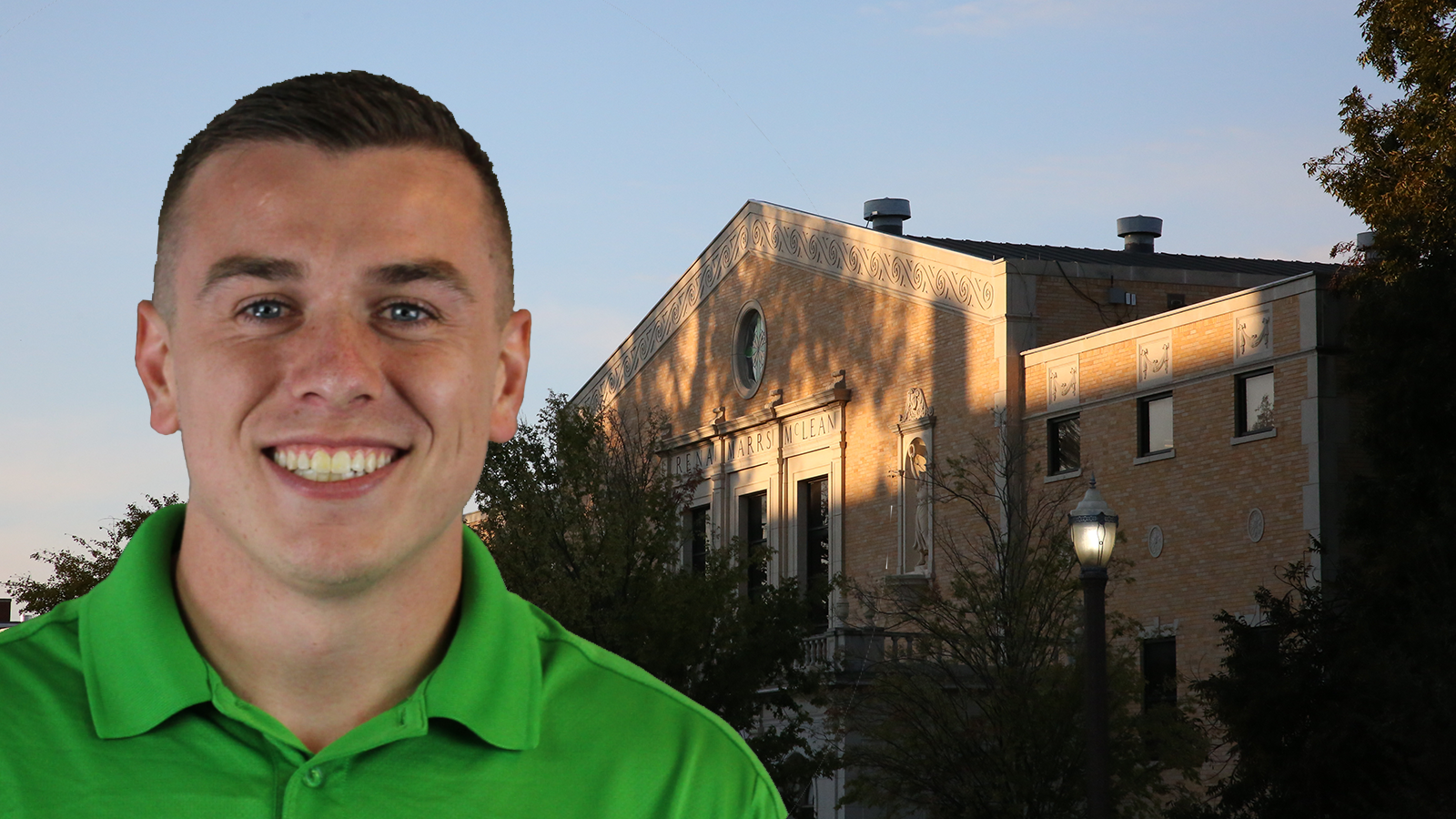Q&A with Sam Grimm, Baylor Grad and Injury Prevention Specialist

Tell us how you initially became interested in the athletic training field and how you ended up in your job today.
My undergraduate degree is from the University of Oregon. Initially, I entered college with the idea of attending med school as a Biochemistry major, but after playing college rugby and sustaining a concussion causing me to medically retire, I was inspired by my athletic trainers and switched to Human Physiology. They pushed me to find a passion outside of sports and motivated me to pursue a career in the athletic training field.
I switched majors, and I ended up working with the University of Oregon football team and women’s lacrosse team. In Baylor’s graduate program, I spent time working with firefighters, and I realized my passion was to find a career working with tactical athletes. Leading up to graduation, Work Right NW caught my eye, which is the company where I am currently employed as an injury prevention specialist.
What do you do as an injury prevention specialist?
In my position, I help with any work or non-related work issues the workers may have. We call the factory workers industrial athletes because they push, pull, and lift all day long, for 12-hour shifts, which puts stress on their bodies. Because of that, I focus on early symptom intervention (ESI) to train the workers before they get to that injury state. If they have pain or discomfort, I provide a treatment to help them get through their workday and self-manage. We do a lot of evaluations in coaching people on how to properly perform job tasks from an ergonomic and biomechanical standpoint.
Our main goal as a company is to make a dent in healthcare at the front lines of employment in the United States because many struggle with finding easy access to healthcare. Being able to supply them with resources, educate them in how their bodies work, and provide workers with early symptom interventions is how we can achieve this goal. Sometimes that looks like running through a pre-shift warm-up or nutrition education.
Where have you grown most in your profession?
Creativity. We treat the employees while they are on the factory floor because we don’t want to take them out of the line for too long. I’ve learned to become creative with the treatments for employees because on the floor there’s limited room and equipment for training. It’s a fast-paced environment, so I’m always on my toes, thinking about ways to treat these workers with what I have with me. Luckily, I’ve been in this setting for almost two years now, so I’ve got a lot of things in my back pocket to pull out in different situations with workers.
How did Baylor’s MAT program prepare you for the role you are in today?
The clinical setting at Baylor is vastly different from the industrial setting I am in now, yet I am still able to apply the same ideas and concepts I learned at Baylor to my job space. Because I can observe what I learned in my classes and clinicals in my current professional setting, I now have a more holistic approach. Additionally, the exceptional education I received from the faculty prepared me for the role I am in today, especially through their enthusiasm for sports medicine and passion for teaching me.
What advice would you give to undergraduates considering a career in athletic training?
The job can be hard at times, so my best piece of advice for anyone considering this career path is to be passionate about what you are doing. I have found what I do to be extremely rewarding because I care about the people that I’m interacting with, and I want to help them get better. I want to see them work comfortably again. The industrial athletes I work with are so appreciative, and I love being able to help them through injuries and educate them. Stay passionate about your career and stay focused on the people you are helping.